QuestionDear Patti,
I have a 10 year old mini schnauzer who is spayed. Last night she began exhibiting rather erratic behavior. She would scratch a spot for herself on her mattress as always, but would do it excessively and whimper/cry while doing it, then she would lie down as to sleep but would get up almost immediately and go into a different room of the house, doing the same thing. Needless to say, noone slept, she has been to the vet, and the blood results will be in tomorrow, we were also given tranquilizers to calm her, of which I gave her a quarter today, and calmed her slightly. But I am really concerned as she has never acted this way, she is eating normally, and is willing to play. She has been at times staring off into space for no apparent reason, and so I'm wondering if it's this dog "senility" or something related to her diet, as she had fish(tillapia) yesterday which she hasn't had in a while. Thanks for any advice you may offer.
AnswerHi Ana,
It's always best to rule out the simple stuff first, have you checked your dog for fleas?
Fleas can torment a dog, to the point they can't settle down and relax, and of course, there would be scratching and possibly crying while scratching just as you described.
To me, these symptoms don't sound as though your dog's Tilapia based food is the problem.
The staring off into space may be because of tranquilizers your vet prescribed. Had you given your dogs the medication the day you saw her staring blankly into space?
Of course, it's possible that your mini schnauzer has Cognitive Dysfunction Syndrome (CDS), the dog equivalent to Alzheimer's disease, but it sounds like the symptoms have come on suddenly. CDS usually has a gradual onset.
These following changes in behavior can be signs of Canine Cognitive Dysfunction. Sometimes a disoriented dog:
- Stops responding to his name.
- Forgets once familiar tricks, or stops responding to even basic commands
- No longer remembers routines
- Stares blankly into space or at walls
- Gets stuck in corners, under furniture or behind furniture
- Engages in repetitive and compulsive disorders
- Paces or wanders aimlessly
- Compulsively walks in circles... around a table or from room to room
- Appears lost or confused, even in familiar surroundings
- Dogs who knew exactly where their yard ended and never crossed the line, wander past the normal boundaries, becoming lost and confused.
- Easily agitated and/or barks for no reason.
- Sleep more during the day. May sleep less at night
- Have "accidents" indoors, even soon after being outside
A diagnosis of CDS can only be made after any physical reason for such changes have been ruled out. There is no blood test or scan to diagnose canine cognitive dysfunction. Your veterinarian will probably want to perform a thorough physical exam, possibly with blood tests and a urinalysis.
There is no cure for CDS, but a new FDA approved drug treatment (Anipryl) can provide a better quality of life and slow the progression of symptoms.
Dementia can be caused by other health problems, such as urinary infections, thyroid disorders, heart disease, and kidney failure. It would be a good idea to have your vet rule out these conditions.
Some studies have shown that supplementation with the B Vitamin choline supplement, CholodinR, is a safe and effective method for reversing signs of cognitive dysfunction in dogs. You should always speak to your vet before starting any diet supplement, and get a dose recommendation from your vet.
I hope I've been a help.
Best of luck,
Patti

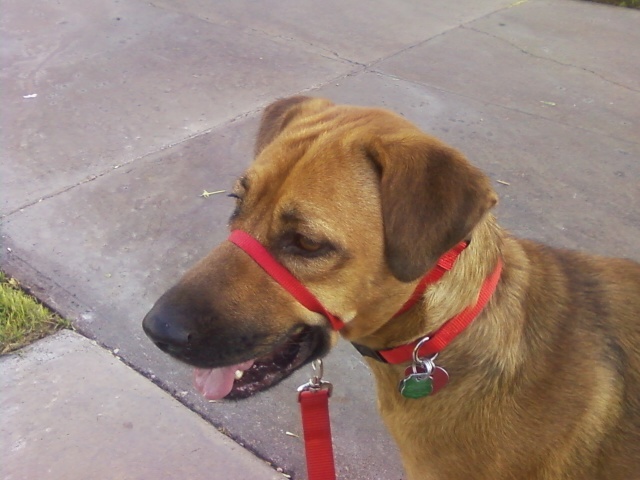 My dog Kiya
Question
Kiya
My new dog Kiya is a 2 yr old German Shep
My dog Kiya
Question
Kiya
My new dog Kiya is a 2 yr old German Shep
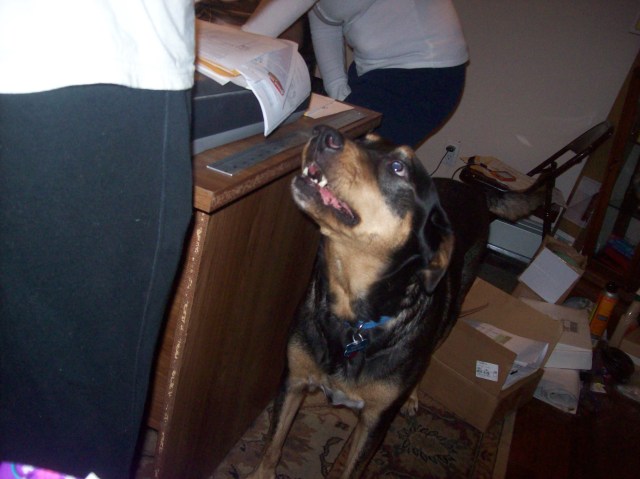 old age dog
Question
he was barking!
I have a Dog who is a german s
old age dog
Question
he was barking!
I have a Dog who is a german s
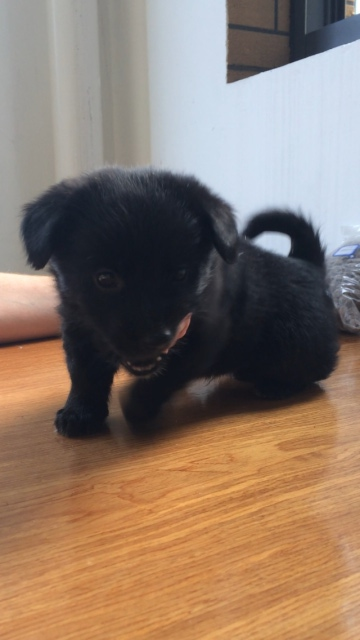 Breed info
QuestionPuppy2
Puppy
QUESTION: Hello,
So
Breed info
QuestionPuppy2
Puppy
QUESTION: Hello,
So
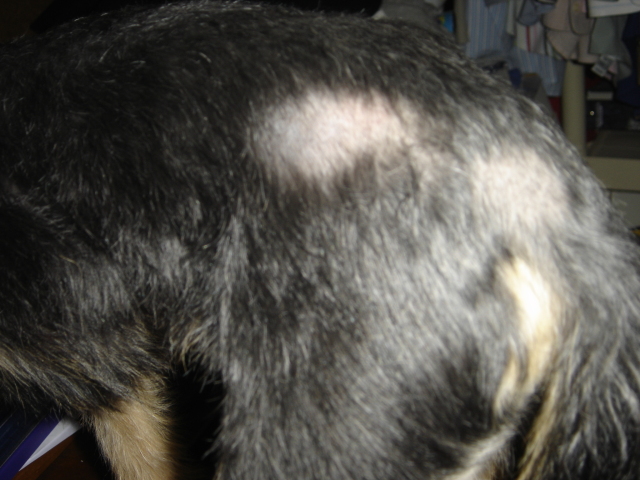 Chinese Crested Powder Puff Bald Spots
QuestionBalding Spots on Chine
QUESTION: Our Pow
Chinese Crested Powder Puff Bald Spots
QuestionBalding Spots on Chine
QUESTION: Our Pow
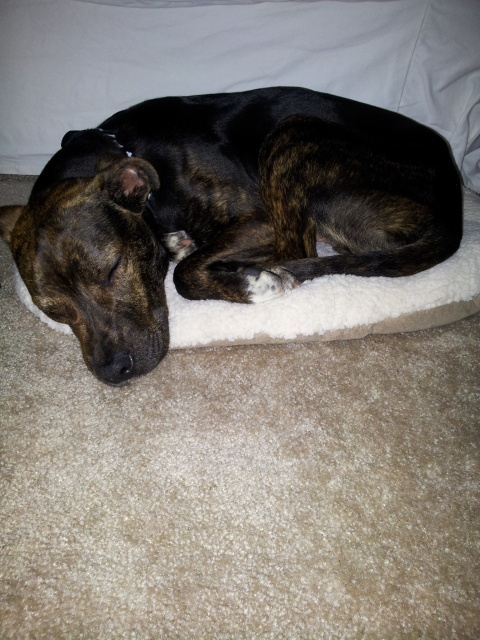 8 month old rescue has crate-phobia
Question
His name is Pepper
Please help. We adop
8 month old rescue has crate-phobia
Question
His name is Pepper
Please help. We adop